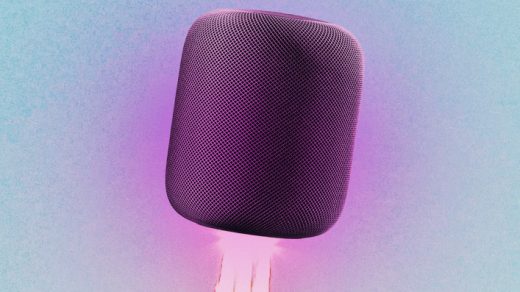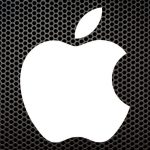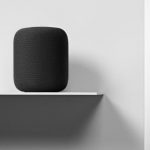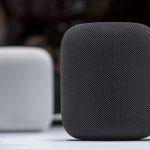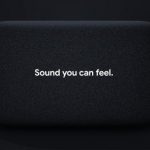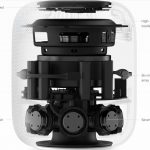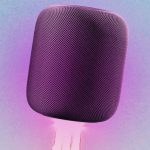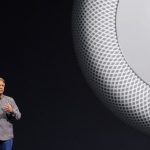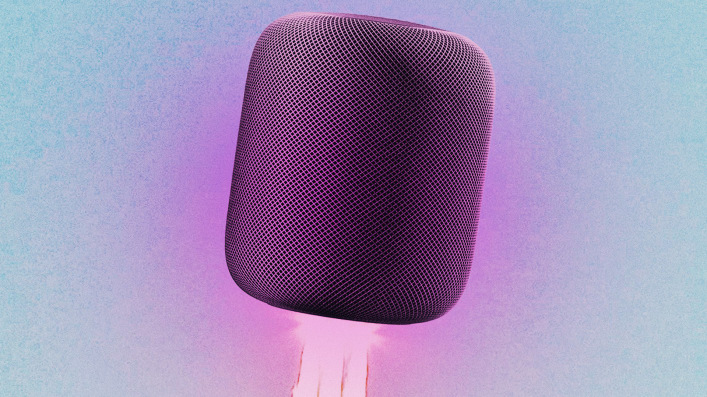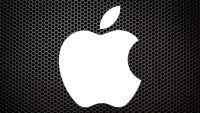Apple’s HomePod Strategy: Music Today, Much More Tomorrow
Apple’s announcement of the HomePod during its WWDC keynote on Monday followed a familiar pattern. That included the onstage acknowledgement that other companies have been producing lots of products that fall short in some way. This time–unlike with the introduction of Apple TV and the iPhone, when Apple swiped at perceived design flaws of the competition–the company offered a simple contrast. Marketing chief Phil Schiller simply alluded to Sonos by saying that there are Wi-Fi speakers that aren’t smart. And then he referenced Amazon’s Echo by saying that there are smart speakers that aren’t Wi-Fi (multiroom) speakers.
HomePod, it turns out, is both. But not in equal parts. With its emphasis on audio quality, networking capabilities, and spatial awareness, the HomePod is clearly more of a competitor to Sonos than to the Echo. Apple may have used the renewed attention around home audio generated by the Echo as an opportunity to introduce its own product in the category, particularly as it happened to have a voice agent (Siri) and streaming music service (Apple Music) at the ready.
Siri has boned up on enough musical metadata to qualify as (in Apple’s term) a “musicologist.” And with its HomeKit-powered smart home integration, HomePod may be as useful a speaker-based agent as an Echo or Google Home. But it’s clearly not aimed at those looking for a simple way to get things done away from a smartphone.
As Apple itself mentioned, Siri is often used to deal with information that has nothing to do with music. Indeed, a recent ComScore survey showed that general questions and weather were the most requested tasks asked of smart speakers. The list included plenty of low-fi applications, although more than half of respondents streamed music. And speaking of Siri requests, HomePod’s introduction also muddies the rationale for Apple Watch, a device that Apple has positioned as providing a portal to Siri without having to pull out your iPhone. However, at the HomePod’s hefty $349 price, it won’t serve as a cheaper option.
With rivals looking to build their assistants into all manner of products beyond standalone speakers, and Wi-Fi routers now sprouting mesh networks that could receive voice requests around the home, HomePod is unlikely to bring new people into the Apple ecosystem, particularly since–as far as I know–it will be tied to Apple Music as its exclusive streaming option.
But Apple’s discussion of the product’s powerful A8 processor (the same one used in the iPhone 6) may foreshadow how the product could go well beyond what Sonos offers today. The HomePod is capable of hosting its own operating system, just as the Apple TV and indeed the iPhone itself did even before they evolved from devices into platforms.
It’s hard to say what HomePod apps would look like–or, rather, sound like–and how they might differ from existing Siri extensions. Like Apple Watch apps, they could serve primarily as extensions to existing apps. Or they might focus primarily on music services, the way Apple TV apps skew strongly toward video. But it would be very much in Apple’s spirit to allow developers to go beyond the simple commands that Alexa can handle and bolster Siri’s value and intelligence in the process.
The company is positioning its new smart speaker as a music device. But the powerful tech inside gives it the headroom to become a full-blown computing platform.
Apple’s announcement of the HomePod during its WWDC keynote on Monday followed a familiar pattern. That included the onstage acknowledgement that other companies have been producing lots of products that fall short in some way. This time–unlike with the introduction of Apple TV and the iPhone, when Apple swiped at perceived design flaws of the competition–the company offered a simple contrast. Marketing chief Phil Schiller simply alluded to Sonos by saying that there are Wi-Fi speakers that aren’t smart. And then he referenced Amazon’s Echo by saying that there are smart speakers that aren’t Wi-Fi (multiroom) speakers.
Fast Company , Read Full Story
(24)

